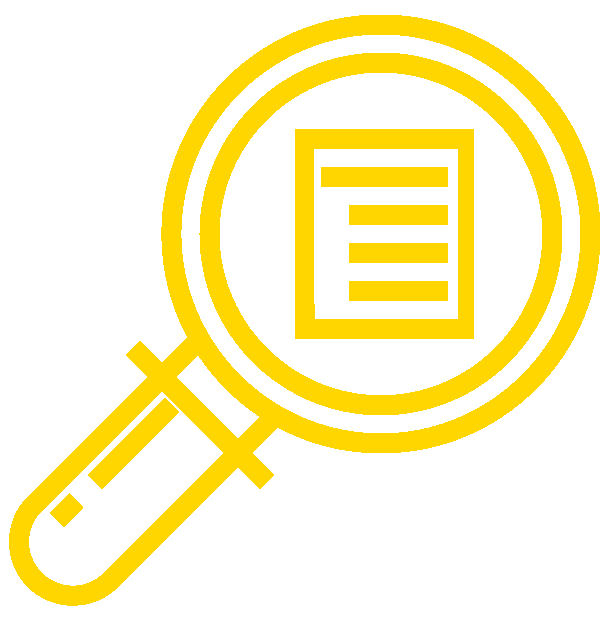
The content, assignments, and assessments for this course are aligned to the following learning outcomes. You can view the entire list of learning outcomes here.
- Module 1: Success Skills
- Identify common habits that lead to success in college
- Write professionally and effectively in your college communications
- Effectively use digital tools to convey your ideas
- Recognize the importance of critical thinking and reflection as an intellectual process
- Module 2: Reading Strategies
- Analyze and utilize general reading strategies
- Utilize specialized reading strategies
- Define and identify rhetorical context
- Use context clues and other reading strategies to learn and retain new words
- Analyze various types of reading material
- Module 3: Writing Essentials
- Identify, analyze, and create effective thesis statements
- Recognize and evaluate effective paragraphs
- Examine how to analyze and appeal to your audience in your writing
- Analyze effective sentences, including the use of the active voice
- Module 4: Writing in College
- Explain common college-level writing assignments and effective writing techniques
- Examine characteristics of common essay assignments
- Examine characteristics of writing narratives
- Evaluate multimodal text
- Module 5: Grammar Essentials
- Analyze the use of punctuation marks
- Analyze the use of apostrophes
- Analyze the use of commas
- Examine the use of semicolons and colons
- Critique passages, revising for run-on sentences and fragments
- Module 6: The Writing Process
- Describe topic selection activities
- Analyze prewriting activities
- Describe ways to find evidence in support of a claim
- Analyze essay organizational techniques
- Evaluate drafting techniques
- Module 7: The Writing Process—Revising and Proofreading
- Analyze revision activities
- Evaluate revision strategies
- Evaluate editing and proofreading activities
- Module 8: Analysis and Synthesis
- Examine the basics of analysis
- Recognize and evaluate keys to successful analytic writing
- Identify and apply different types of analytic processes
- Examine strategies for successful synthesis
- Module 9: Academic Argument
- Evaluate argumentative essays and thesis statements
- Examine the structure of logical arguments and types of supporting claims
- Describe and apply the rhetorical appeals of logos, pathos, and ethos
- Evaluate logical fallacies in argument
- Evaluate strategies for rebuttal and refutation of counterargument
- Module 10: Research—Finding and Evaluating Sources
- Describe research writing and the importance of starting with a research question
- Evaluate methods for finding various types of sources using search engines and databases
- Module 11: Research—Using Sources
- Synthesize outside sources with your own through effective quotes, paraphrasing, and summarizing
- Evaluate concerns about plagiarism and how to demonstrate academic integrity
- Examine MLA documentation formatting and practices
- Examine APA documentation formatting and practices
- Module 12: Grammar Basics
- Understand the use of nouns and pronouns
- Analyze the use of verbs
- Analyze the use of other parts of speech, including adjectives, adverbs, conjunctions, prepositions, and articles
- Analyze sentence structure
